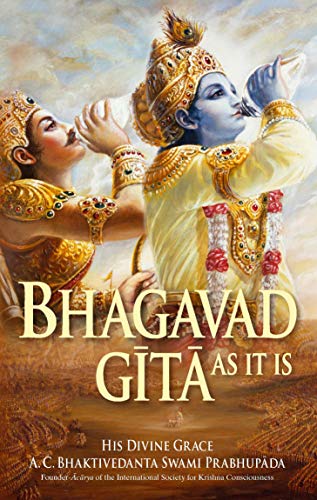Sublime
An inspiration engine for ideas

Devipuram—“The Goddess’s Abode”—the temple complex that Guruji had spent more than three decades building up from almost nothing in the rural wilds of eastern India.
Michael M. Bowden • The Goddess and the Guru: A Spiritual Biography of Sri Amritananda Natha Saraswati
Swāmī Muktānanda (“Bābā”) probably did more than anyone else in the 20th century to make the teachings of Śaiva Tantra known in the West,
Christopher D Wallis • Tantra Illuminated: The Philosophy, History, and Practice of a Timeless Tradition
At the deepest level, the one without whom none of this would have happened is Gurumayī. The spiritual awakening I had through her grace catalyzed a process of unfolding that allowed me to encounter the words of the Tantrik master Abhinava Gupta as palpably living energy, not mere fossils. Without Gurumayī’s unfailing love and grace, I would likely
... See moreChristopher D Wallis • Tantra Illuminated: The Philosophy, History, and Practice of a Timeless Tradition
The Goddess and the Guru: A Spiritual Biography of Sri Amritananda Natha Saraswati
amazon.com
Sri Ramana's God is not a personal God, he is the formless being which sustains the universe. He is not the creator of the universe, the universe is merely a manifestation of his inherent power; he is inseparable from it, but he is not affected by its appearance or its disappearance.
Ramana Maharshi • Be As You Are: The spiritual teachings and wisdom of Sri Ramana Maharshi (Arkana)
I especially enjoyed the work of Sir John Woodroffe (1865–1936), a.k.a. “Arthur Avalon,” who—while prominently serving as Chief Justice of the Calcutta High Court in British India—spent his private hours explaining, defending and ultimately practicing in the then widely reviled Hindu religious schools of Shaiva and Shakta Tantrism.
Michael M. Bowden • The Goddess and the Guru: A Spiritual Biography of Sri Amritananda Natha Saraswati
The Divine Romance: Collected Talks and Essays on Realizing God in Daily Life – Volume 2
amazon.com
First of all, you may remember what we learned about the word LORD on Day 1 in Genesis 1–3. When we see it in all caps, it’s a reference to YHWH, which is often pronounced “Yahweh” or “Jehovah”; it’s God’s personal name.